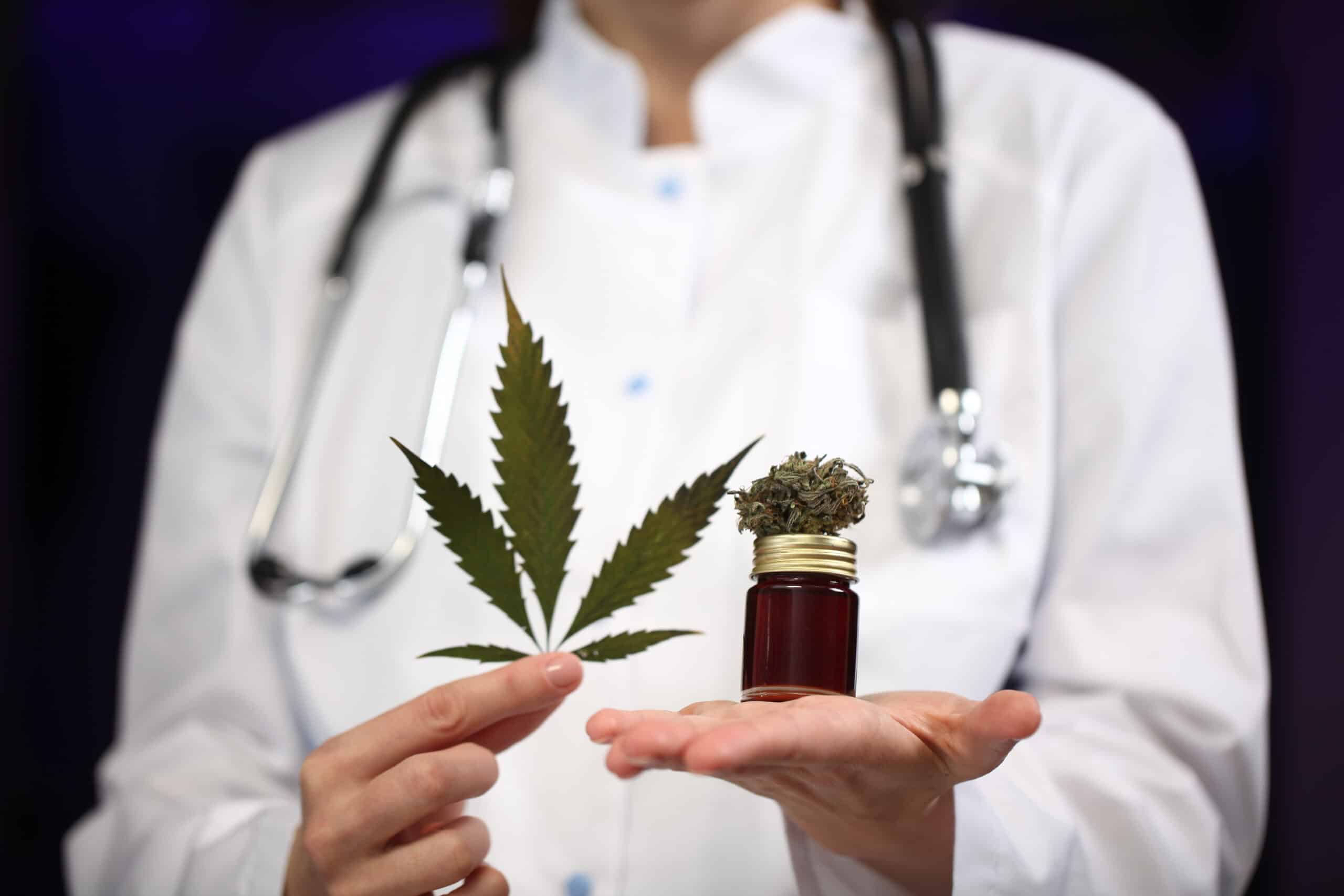
Is It Legal for Doctors to Prescribe Medical Cannabis?
The use of cannabis has gained attention as a potential treatment option for various health conditions in recent years.
However, there is still some confusion regarding the legality of doctors prescribing cannabis.
In this blog, we will discuss the regulations and guidelines surrounding the prescription of cannabis by doctors.

Understanding the Difference: Prescription vs. Recommendation
Before we delve into the legality of cannabis prescriptions, it’s important to understand the distinction between “prescribing” and “recommending” in this context.
Typically, doctors prescribe medications that have undergone testing and received approval from legal bodies.
However, due to its classification as a Schedule-I drug in different countries, including the United States and Canada, doctors cannot legally prescribe medical cannabis.
So, How Does It Work?
In jurisdictions where medical cannabis is permitted, doctors are unable to issue prescriptions as they would for medications.
Instead, they provide patients with a recommendation or authorization to use cannabis.
This recommendation serves as approval from a healthcare professional that allows patients to access cannabis through authorized channels such as dispensaries or licensed producers.
Let’s talk about the regulations concerning doctors’ involvement in prescribing or recommending cannabis in different countries:
1. United States:
In the United States, federal law still considers cannabis illegal for any purpose under the Controlled Substances Act.
However, individual states have implemented their laws regarding the recreational use of cannabis.
Despite restrictions, 35 states and Washington D.C. have legalized medical cannabis programs that enable doctors to recommend its use for qualifying conditions.
However, each of these states has its set of qualifying conditions.
2. Canada:
Canada has implemented one of the regulatory frameworks globally for the medical use of cannabis.
Since 2001, the country has had a system in place that allows healthcare practitioners to authorize patients to use cannabis.
Healthcare practitioners in Canada can issue a document that serves as authorization for patients, allowing them to access medicinal cannabis from licensed producers.
This document specifies the dosage and treatment duration.
3. Other Countries:
Several countries worldwide have also passed legislation or regulations that permit the use of cannabis under specific circumstances.
These regulations can vary greatly based on the jurisdiction. For ease of access and treatment, it’s crucial for doctors and patients to have an understanding of the guidelines in their jurisdiction.

Considerations for Professionals: The Role of Doctors
When it comes to cannabis, doctors play a vital role in providing informed guidance to their patients. While they may not directly prescribe cannabis, they are responsible for evaluating whether a patient could potentially benefit from using cannabis or not.
It is important for doctors to stay updated with research, clinical studies, and evidence supporting the benefits and risks associated with medical cannabis.
This knowledge can enable doctors to provide information and help patients make informed decisions regarding cannabis usage.

The Changing Landscape: Challenges and Opportunities
As the legalization of cannabis continues to unfold across jurisdictions, doctors face unique challenges and opportunities.
Understanding these factors is crucial for healthcare professionals aiming to navigate this emerging field. Here are some of the common challenges:
- Conflict between State and Federal Laws: In countries such as the United States, where state laws on cannabis often clash with regulations, doctors need to navigate this complex legal terrain carefully to ensure compliance.
- Standardization: Medical cannabis lacks standardized dosing guidelines, unlike pharmaceuticals, because of variations in strains and cannabinoid concentrations.
Doctors must closely collaborate with patients to determine suitable dosage levels, also considering factors such as age, weight, tolerance, and specific health conditions.
- Research Limitations: In jurisdictions with federal restrictions on medical cannabis, doctors may have limited access to robust scientific evidence supporting the efficacy and safety of strains or cannabinoid formulations for different conditions.
This limitation emphasizes the importance of research efforts.
Conclusion
While doctors cannot technically “prescribe” cannabis, they can recommend its use within specific legal frameworks.
It is crucial for healthcare professionals to grasp these regulations to provide care by considering all treatment options.
By staying updated on evolving laws and research related to cannabis, doctors can significantly contribute to patient well-being while adhering to requirements.